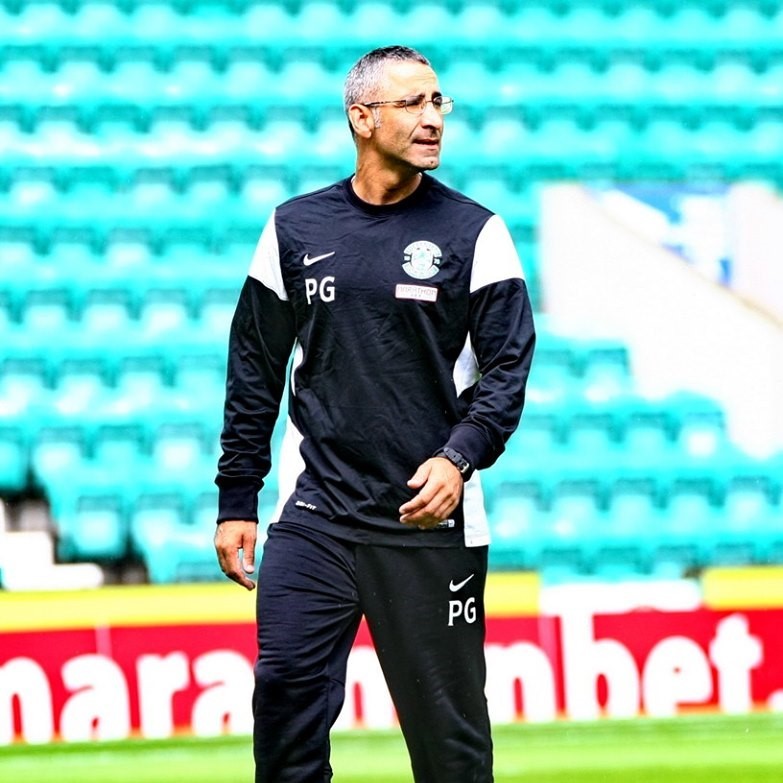By Professor Barry Drust and Paul Green
The doctorate annual review: the supervisors view
At Birmingham all post-graduate research students have an annual review. This is a formal requirement at the university. The process involves an evaluation of the progress around an individual’s research training in the past year. In a two-stage process both the student and the supervisory team and the student and an independent person to the research review the previous year. While similar things have happened at other universities in which I have been employed I’ve not seen a similar process at any other university that I have worked at. I’ve been involved in these reviews since I have been at Birmingham (both with my own students and as an independent reviewer). It’s always amazing to see the diversity of projects people do and the things that they achieve.
While it is a very busy time for me (as I have a number of different student’s forms/meetings to complete with the individuals I work with and the independent meetings that I am involved with) but I really like the process. It’s a good opportunity to clearly evaluate progress with respect to the project and also the development that surrounds the project activity. It is also a nice chance to provide some positive feedback around the hard work that goes on in all doctorates. Though this shouldn’t be the case the effort and the progress made is frequently not really noticed in the day to day when you are close to the action. It’s obvious that not all of these meetings are positive. Clearly some students don’t make the progress that was anticipated/expected. There is, in my experience, a wide range of reasons for these situations. Often it may be a function of personal challenges. Sometimes it may be related to a particularly challenging phase of the project. Whatever the reason the review always provides a chance to de-brief, trouble shoot and to change the processes within the project to see if there is chance for more effective ways to work. It’s these type of challenge that are the times when everyone learns the most which is after all a key purpose of it all.
I also always use the reviews to do my own evaluation of my processes and ability to support the student. While I believe there is a general model of supervision that provides some framework for practice I know that to be fully effective these core principles need to be adapted for both the individual in question and the project that they are doing. As the person and the project are also dynamically changing with time the approach used shouldn’t really be static. This need to adapt may also be needed if other people (e.g. supervisors, collaborators etc) become involved. On the whole then, in my view, supervision should be a changing process and as such clearly benefits from regular reviews.
The doctorate annual review: the students view

I found the annual review for my PhD to be a particularly important process that offers me with the opportunity to reflect upon goals, achievements, and milestones attained during the academic year. Importantly, this process of reflection has provided me with the opportunity to look forward and plan for the forthcoming academic year.
Initially, during the PhD process, my primary aim was to identify a topic that was worthy of investigation. This was the first major undertaking during my PhD. From my perspective, there were key elements that my topic should contain. There must be learning with the ability to influence the day-to-day practices and routines that commonly occur within a professional sports performance environment. From my own professional experience, it must have a real value that when undertaken in the professional football environment will influence the physical development and progression of individual players.
So, a person embarks on the PhD journey, in my case, I am pretty sure that I know the destination (approximate), but the route that I should follow is not clear. To support me in this journey I have teamed up with an knowledgeable and experienced guide (Supervisor) who provides me with wise counsel. This takes the form of meetings every 3-4 weeks where we discuss goals and related tasks previously undertaken, whilst identifying additional study tasks, each one building upon the next to create a structure that outlines the concepts and ideas that underpin my research studies. However, during this process one-month morphs into the next and although you work away in a motivated and conscientious manner, you can often ‘lose sight of the wood for the trees,’ losing sight of the bigger picture.
Subsequently, the annual review process offers a means of navigating the PhD journey. It provides a reflective mechanism and overview of my studies and the tasks undertaken during the previous year in support of my research. This process enables me to focus on the progress towards achieving the outcomes that were planned, and whether these outcomes and supporting targets were achieved and remain appropriate. Documenting all my outcomes and achievements in the annual review provided me with a timely reminder that I am learning and progressing toward my destination in this PhD journey.
Crucially, the Annual review process provides the foundation that allows me to plan for the forthcoming academic year. The review process enables me to identify strengths and areas that can be improved. The process allows me to identify goals, related tasks, and what, if any, training may be necessary to attain those goals. Through this process, I can plan and apportion realistic time limits that enable me to realize and achieve my research goals and associated outcomes. Overall, I have found the annual review process for my PhD to be an especially important task that provides me with the opportunity to reflect upon achievements, during the previous academic year, whilst identifying goals and planning for the forthcoming academic year.

B.Drust@bham.ac.uk
